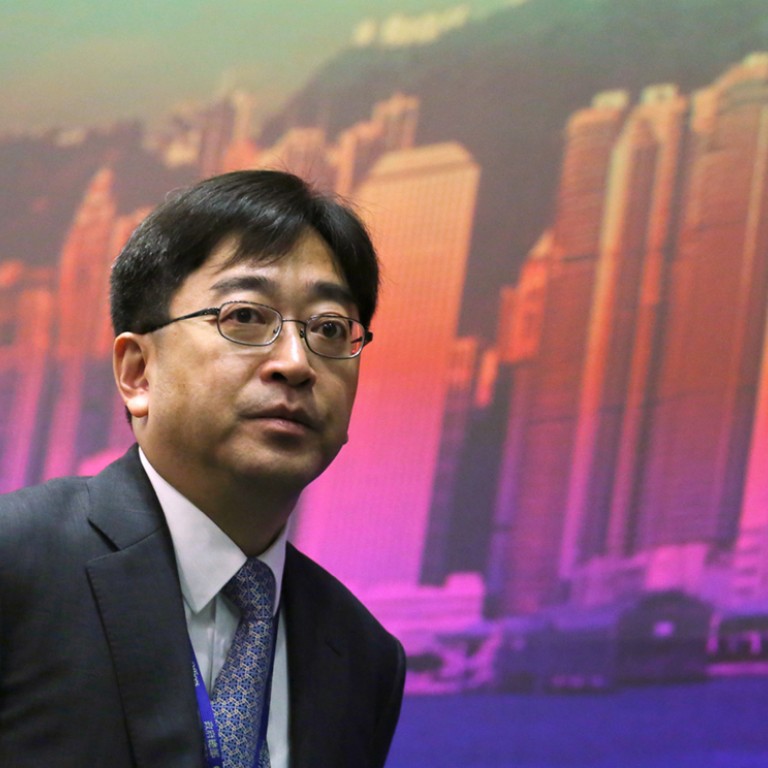
Hong Kong is not equipped to study the Ebola virus
Experts maintain highest-level biochemical lab is not necessary as infectious diseases like Ebola 'are not found in this part of the world'
Despite its hard-earned reputation as a centre for excellence in handling infectious diseases, Hong Kong is not equipped to conduct investigations into the deadly Ebola virus, which has claimed more than 1,000 lives so far in the world's biggest outbreak to date in West Africa.

Speaking in Beijing yesterday after attending the 4th Asia-Pacific Economic Cooperation high-level meeting on health and the economy, Dr Ko Wing-man, secretary for food and Health, reiterated his concern over the threat posed by the disease.
"Many places, including Hong Kong, consider it as an issue of significant concern," Ko said. "Hong Kong has activated a very stringent level of surveillance, particularly at the airport and other ground border checkpoints. We have also stepped up preparedness at our hospitals and streamlined the logistics in arranging suspected cases to be investigated and isolated."
Two patients in Hong Kong have been tested for the virus since the outbreak took hold in West Africa. Both were negative.
However, the Health Department yesterday declined to answer questions on what would happen if the city recorded a positive test, only saying that the Centre for Health Protection had been "maintaining close liaison with regional and international counterparts and the World Health Organisation on issues related to laboratory diagnosis."
Due to its virulent nature, Ebola culturing must be conducted in laboratories that meet a biosafety level of four (BSL4) - the highest level of biocontainment required to isolate dangerous biological agents in an enclosed facility.
Most of the 27 facilities are in Europe and North America. There are only four currently operating in Asia - one in Wuhan , one in Singapore, and two in India.
Although there are two BSL4 facilities in Japan, they are currently not in use because of opposition from locals, who fear intentional or accidental leaks.
Although Hong Kong only has laboratories with a maximum biosafety level of three, local and international experts say that the city does not need to establish a BSL4 facility in order to effectively handle patients, and that a facility would be expensive.
"I do not think that is Hong Kong's priority at this time, as such infection is not found in this part of the world," said University of Hong Kong microbiologist Professor Yuen Kwok-yung.
David Heymann, a professor of infectious disease epidemiology at the London School of Hygiene and Tropical Medicine, says countries that do not have BSL4 laboratories can still handle the specimen safely, and that Hong Kong is well equipped to deal with patients.
"Hong Kong has excellent isolation facilities for patients - that's what's very important," Heymann said.


